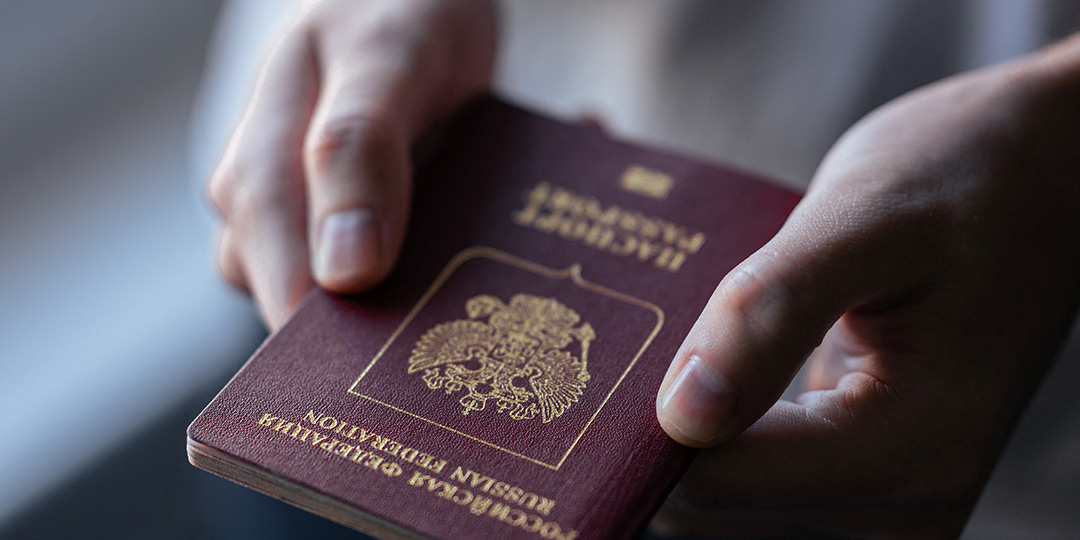The European Union on Friday said it would deny Russians multi-entry visas as security fears rise nearly four years into the war on Ukraine.
The 27-nation bloc is looking to ramp up pressure on Moscow and tighten controls, as air incursions and unexplained drone flights fuel worries the Kremlin is seeking to destabilise Europe.
“Starting a war and expecting to move freely in Europe is hard to justify,” EU foreign policy chief Kaja Kallas wrote on X.
“The EU is tightening visa rules for Russian nationals amid continued drone disruptions and sabotage on European soil.”
Brussels said that from now on Russian nationals “will have to apply for a new visa each time they plan to travel to the EU, allowing for close and frequent scrutiny of applicants to mitigate any potential security risk”.
It said there will be “exceptions for justified cases such as independent journalists and human rights defenders” under the new rules.
“Under the newly adopted provisions, all visa applications submitted by nationals of the Russian Federation will be subject to enhanced verification procedures and elevated levels of scrutiny,” EU internal affairs commissioner Magnus Brunner said.
The bloc already tightened controls on travel by Russian diplomats stationed in the EU’s 27 countries last month amid fears the Kremlin was waging a “hybrid war” in the bloc.
Hawkish EU countries have long pushed for tougher visa limits on ordinary Russians, arguing they should not be able to travel freely for tourism while the war rages in Ukraine.
– ‘Serious mistake’ –
The EU in 2022 suspended its visa facilitation agreement with Russia and has told member states to “deprioritise” visas for Russians.
Brussels says the number of visas issued to Russians fell from more than four million before the war to some 500,000 in 2023.
But EU diplomats said the number of visas granted had begun to tick up again this year.
Tourist hotspots France, Spain and Italy are among the countries that issue the most visas.
While proponents of tougher measures insist ordinary Russians should feel more impact from the war, the Kremlin’s opponents have urged the bloc not to cut them off from Europe.
Opposition figurehead Yulia Navalnaya said in September that broad restrictions would be a “serious mistake” as they would feed the Kremlin’s narrative that Europe is hostile to all Russians.
She urged the EU to instead keep targeting the elite close to President Vladimir Putin to try to pressure the Russian leader, who has ruthlessly stamped out any opposition at home.
“For the purpose of achieving peace in Europe it is counterproductive to assist Russian authorities in isolating Russian society,” Navalnaya wrote in a letter to Kallas.
del/ec/cc
© Agence France-Presse








